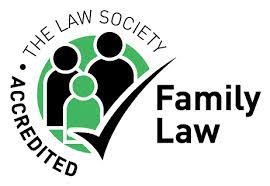Cancer is often diagnosed following the detection of a change in the body, for example, a lump or unexplained bleeding. In the UK, the National Institute for Health and Care Excellence (NICE) have put in place guidelines that stipulate that a patient with suspected cancer should be seen by a specialist within two weeks. Most often, this is a two-week suspected cancer referral made by a GP.
Cancer can also be diagnosed after cancer screening. In the UK we currently have screening for bowel cancer (for those aged between 60 and 74), breast cancer (for women aged between 50 and 70) and cervical cancer (for women aged between 25 and 64).
When seen by a specialist, further tests and investigations can be carried out. These can include, for example, a blood test, an x-ray, an ultrasound, a biopsy, a CT scan and a mammogram, to name just a few.
If the cancer has spread to other areas of the body, this is referred to a metastasis, or a secondary tumour (with the primary tumour being where the cancer first developed).
The diagnosis will be made up of the following:
Type of cancer – Which describes the type of cell the cancer starts in (for example, a carcinoma or sarcoma).
Stage of cancer – Which describes the size and growth of the cancer.
Grade of cancer – Which describes how abnormal the cancer cells are.
Treatment for cancer often involves surgery (to remove the cancerous cells/tumours), chemotherapy (medication which is often used to try and shrink the cancer) and radiotherapy (x-rays targeted at cancer cells which is often used to reduce the chance of the cancer returning).
Other treatments can be given including, for example, brachytherapy, hormone therapy, stem cells transplant and immunotherapy.

















